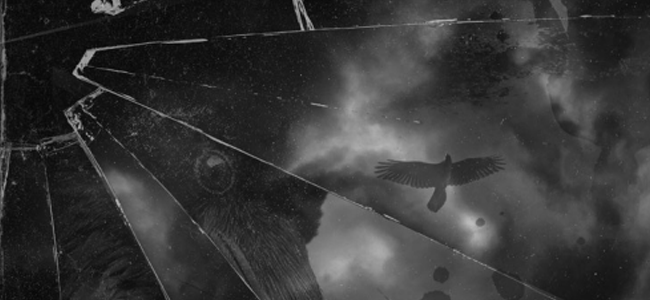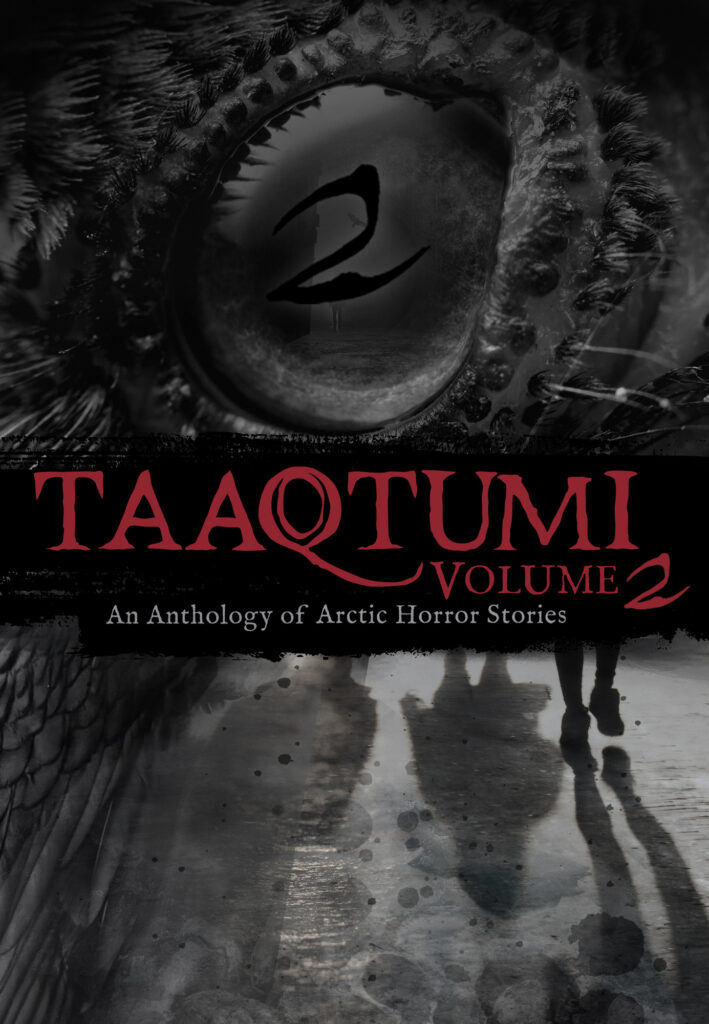
The Wall Street Journal has reviewed Taaqtumi 2: An Anthology of Arctic Horror Stories!

Liz Braswell from The Wall Street Journal has reviewed Taaqtumi 2: An Anthology of Arctic Horror Stories!
Here’s the review: “Polar horror has always been a rich subgenre, dating back to Mary Wollstonecraft Shelley’s “Frankenstein” (1818), which starts (and ends) at the North Pole. “Who Goes There?” (1938), by John W. Campbell (writing as Don A. Stuart), is a classic tale of icy darkness and isolation better known through John Carpenter’s 1982 cinematic retelling in “The Thing.” The fourth season of the television series “True Detective” takes place in wintry Alaska. But there have been few stories about those who originally made the Arctic their home, and even fewer written by them.
A new anthology, “Taaqtumi 2” (Inhabit Media, 184 pages, $19.95), attempts to rectify that. (“Taaqtumi 1” was published in 2019.) Its tales are told by people from “across the Canadian Arctic,” frequently focusing on indigenous beliefs and ancient creatures not as scared of the modern world as one might think. Colonization has brought its own atrocities, from enforced re-education to guns; but some horrors—like violence and domestic abuse—are always terrifyingly universal.
‘Mask & Bone’ by Jamesie Fournier is a slightly overwritten but otherwise masterly unmasking of ordinary family life that reveals ancient secrets and generational trauma of the supernatural kind. In ‘Saatapiaq,’ by Terrie Kusugak, a man tries to escape his fate by outsmarting an ijiraq, a shapeshifting creature from Inuit lore. But heinous crimes, even those committed by starving children, are never forgotten and always punished. ‘I Am Enough’ is a terrifying science-fiction tale by Rachel and Sean Qitsualik-Tinsley about the people and things who were in the Arctic before indigenous groups arrived, and a hapless white social worker who pokes her nose into places it definitely doesn’t belong. Of course she winds up paying for her inquisitiveness.
The stories in this unmatched collection mercilessly tap into the horrors that can fester in the human heart, as well as taaqtumi—Inuktitut for ‘in the dark.'”
You can read the full article here.



